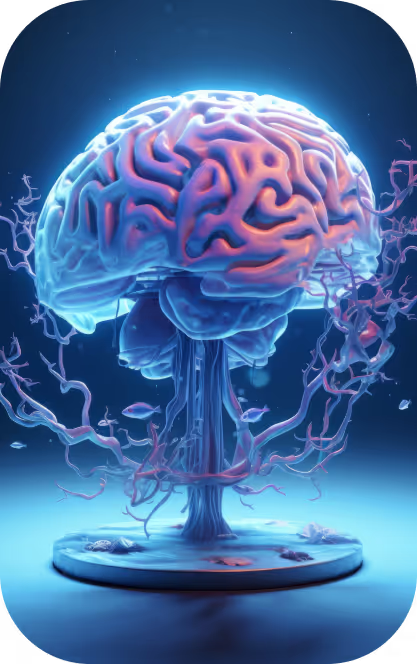INDIVIDUALIZATION OF EDUCATIONAL TRAJECTORIES AND ANALYTICAL QUALITY MANAGEMENT IN A DIGITAL UNIVERSITY AS A STRATEGY TO INCREASE THE COMPETITIVENESS OF A GRADUATE
Magazine Name
Type
date
Authors
DOI
Annotation
The article examines strategic approaches to the formation of individualized educational trajectories in a digital university as a mechanism for increasing the competitiveness of graduates and ensuring the quality of educational activity. The necessity of implementing a flexible model of the educational process that combines digital analytics, educational marketing, dynamic ontologies of competencies, and forecasting changes in the labor market is substantiated. The importance of harmonizing the ideas of training effectiveness between the main stakeholders – students, employers, teachers, and managers – is emphasized. The article proposes an adapted model of the “value ladder of an educational product” based on the concept of P. Kotler, which allows interpreting an educational program as a comprehensive service with an expected result, added value, and professional perspective. The role of universal competencies (soft, hard, and digital skills) as the foundation of a graduate's professional identity, regardless of the educational field, is revealed. It is proved that the digital university should act as an analytically controlled system capable of adapting educational content based on automated analysis of labor market data, in particular, based on job announcements, employment data, and starting salaries. A formula for estimating the share of employed by collective groups of specialties, considering the transition to the next level of education, is proposed, which allows a more objective assessment of the effectiveness of the university's educational policy. It is emphasized that the use of new digital approaches to monitoring the quality of education contributes to the formation of an adaptive, personalized, and transparent educational environment. In this context, a digital university should integrate tools for flexible management, educational analytics, and mechanisms for strategic communication with stakeholders to realize an innovative educational mission. It is concluded that the development of universal competencies, digital culture, and analytical infrastructure is the basis for both increasing the competitiveness of graduates and strengthening the social responsibility of the university in the digital age.










